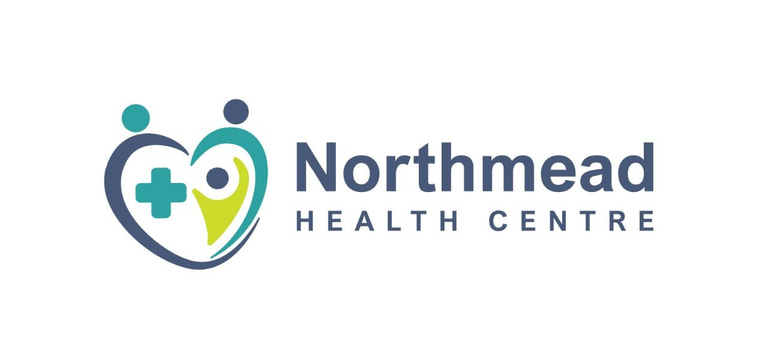The Difference Between Speech and Language Disorders
Communication is a vital part of our daily lives, but for some individuals, challenges in speaking or understanding can make it difficult.
4/7/20251 min read


Communication is a vital part of our daily lives, but for some individuals, challenges in speaking or understanding can make it difficult. Speech disorders and language disorders are often confused, but they refer to different types of communication difficulties. Understanding the difference can help in seeking the right support and treatment.
What Is a Speech Disorder?
A speech disorder affects the way a person produces sounds, making it hard for others to understand them. These disorders are related to the physical ability to form words and may include:
Articulation disorders – Difficulty pronouncing certain sounds (e.g., saying "wabbit" instead of "rabbit").
Fluency disorders – Interruptions in speech flow, such as stuttering.
Voice disorders – Problems with pitch, volume, or quality of the voice (e.g., hoarseness or sudden voice breaks).
A child with a speech disorder might have trouble being understood, even if their vocabulary and grammar are age-appropriate.
What Is a Language Disorder?
A language disorder, on the other hand, affects a person’s ability to understand or use words in context. This includes:
Receptive language disorders – Difficulty understanding spoken or written language.
Expressive language disorders – Trouble putting words together to form sentences or convey thoughts.
Mixed receptive-expressive disorders – Challenges in both understanding and producing language.
Someone with a language disorder might struggle with grammar, word meanings, or following directions, even if they can pronounce words clearly.
Key Differences Between Speech and Language Disorders
AspectSpeech DisorderLanguage DisorderPrimary IssueSound productionUnderstanding/using wordsExamplesStuttering, lispTrouble forming sentences, limited vocabularyUnderstandingSpeech is unclear, but comprehension is intactWords may be clear, but meaning is lostTreatmentSpeech therapy (articulation exercises)Language therapy (vocabulary building, grammar work)
When to Seek Help
Early intervention is crucial for both speech and language disorders. If a child (or adult) shows persistent difficulties in:
Pronouncing words clearly
Being understood by others
Following instructions
Forming complete sentences
…it may be time to consult a speech-language pathologist (SLP) for an evaluation.
Final Thoughts
While speech disorders involve problems with sound production, language disorders affect comprehension and expression. Both can impact communication but require different therapeutic approaches. Recognizing the difference helps in getting the right support to improve communication skills effectively.

